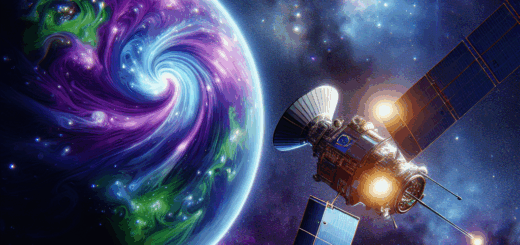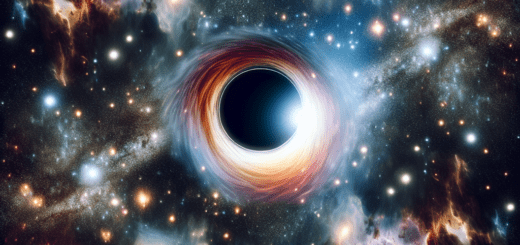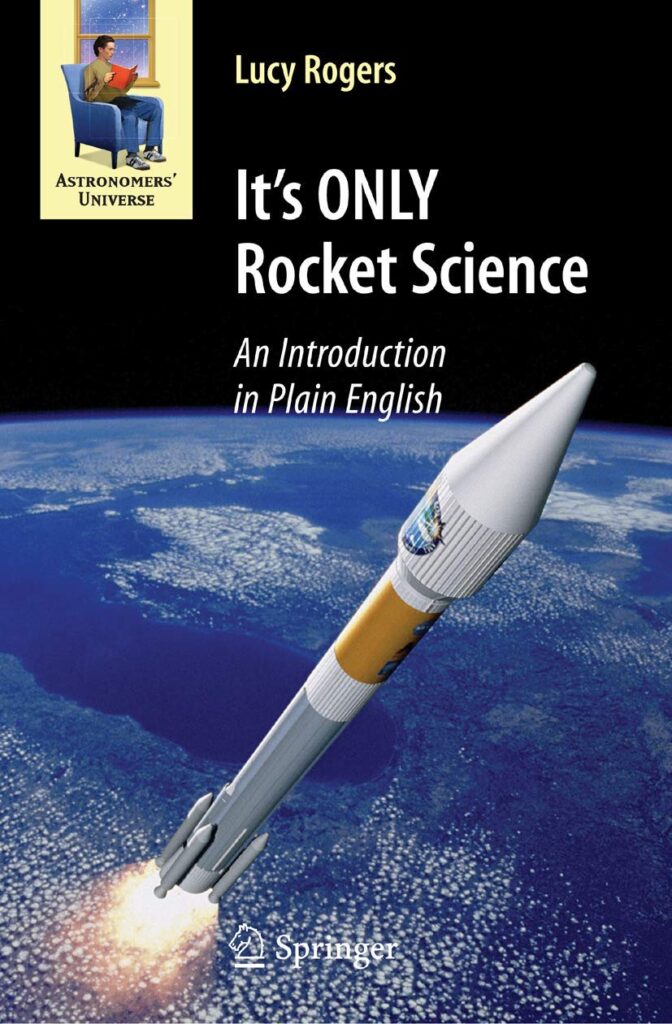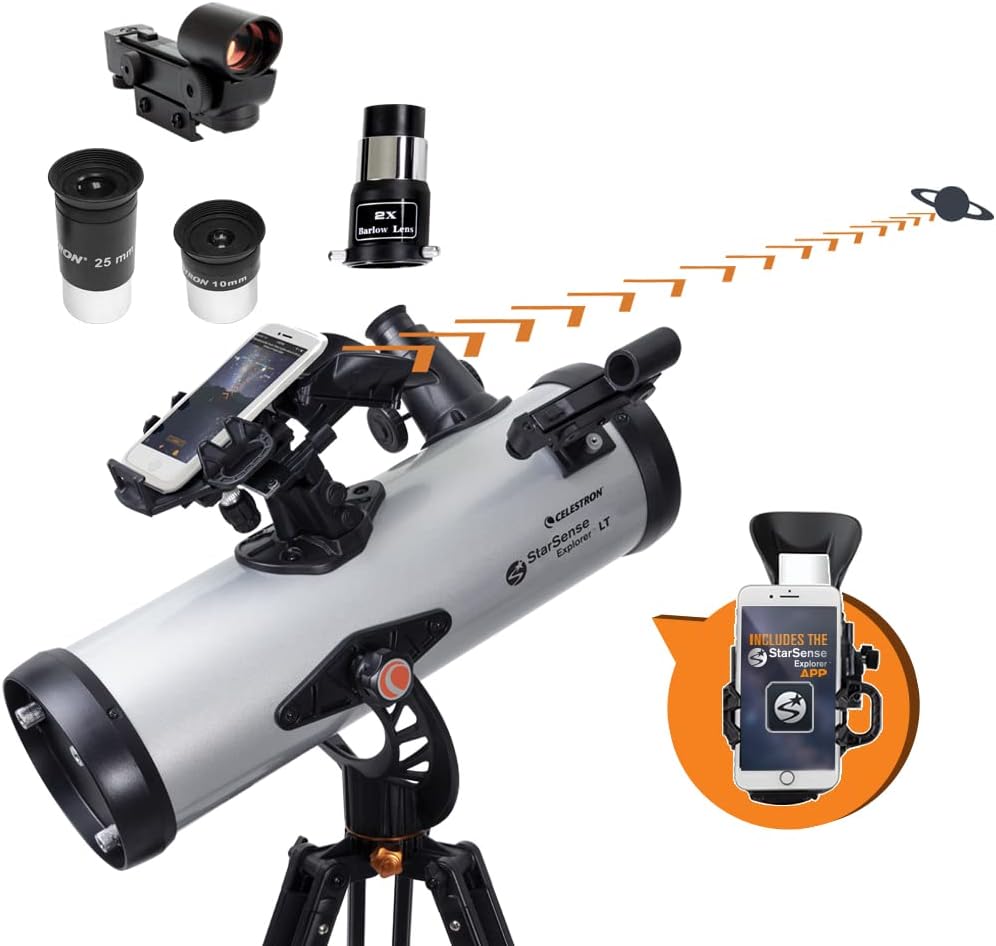The Future of Space Exploration: A Look at the European Space Agency’s Latest Discoveries
The European Space Agency (ESA) has been at the forefront of space exploration for decades, and its latest discoveries are shaping the future of space exploration in exciting ways. From new planets to groundbreaking technology, the ESA is pushing the boundaries of what we know about the universe and our place in it.
One of the most significant recent discoveries by the ESA is the detection of a potentially habitable planet orbiting Proxima Centauri, the closest star to our solar system. This planet, known as Proxima b, is located in the star’s habitable zone, where conditions may be suitable for liquid water to exist on its surface – a key ingredient for life as we know it. The discovery of Proxima b has sparked renewed interest in the search for extraterrestrial life and has the potential to revolutionize our understanding of the cosmos.
In addition to its discovery of Proxima b, the ESA has also made significant strides in the development of new technology for space exploration. The agency recently launched the Solar Orbiter mission, a spacecraft designed to study the sun up close and gather data that will help scientists better understand solar activity and its impact on Earth. The Solar Orbiter is equipped with state-of-the-art instruments that will allow it to take unprecedented measurements of the sun’s atmosphere, providing valuable insights into the dynamics of our closest star.
Furthermore, the ESA’s upcoming missions are set to push the boundaries of space exploration even further. The agency is planning to launch the JUICE (JUpiter ICy moons Explorer) mission in 2022, which will study Jupiter and its icy moons in search of signs of habitability. JUICE will be equipped with a suite of instruments that will allow scientists to study the geology, atmosphere, and potential for life on these distant worlds, providing valuable insights into the potential for life beyond Earth.
Overall, the future of space exploration looks bright thanks to the groundbreaking discoveries and technological advancements made by the European Space Agency. From the discovery of potentially habitable planets to the development of cutting-edge spacecraft, the ESA is leading the way in expanding our understanding of the universe and opening up new possibilities for exploration. As we look towards the future, it is clear that the ESA will continue to play a crucial role in shaping the future of space exploration and unlocking the mysteries of the cosmos.













